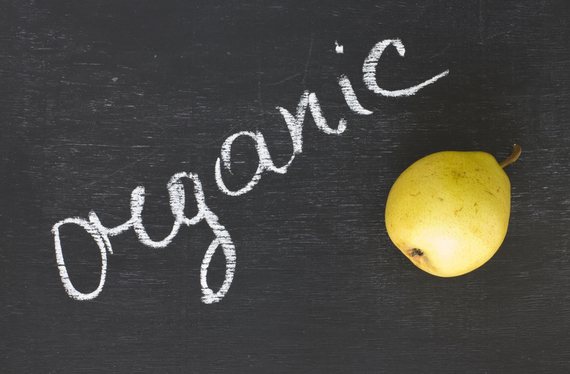


Australia's most comprehensive organic and natural directory

The terms “organic”, “certified organic” and “natural” are frequently thrown around these days but many people don’t actually know what these terms mean.
In Australia the word “organic” is not regulated so when shopping for organic produce you need to look for a logo from an organic certifier. There are several third-party organic certification organisations in Australia, namely Australian Certified Organic, National Association for Sustainable Agriculture, AUS-QUAL Limited, Bio-Dynamic Research Institute, Organic Food Chain, Safe Food Production Queensland and Tasmanian Organic-dynamic Producers.
For a product to be certified organic, 95% or more of the ingredients have to be certified organic. If 70-94% of the ingredients are certified organic then the product may state “made with organic ingredients”. Products that have less than 70% organic ingredients cannot advertise their product as organic, but can reference the organic ingredients on the ingredient list.
Products that are labelled “natural” contain ingredients that are of a natural origin, but they do not have to be grown without the use of synthetic pesticides and fertilisers.
In order to be certified organic, a product needs to comply with a strict set of standards set out by these organisations. Produce must be grown without the use of chemical pesticides and herbicides, the seeds must not be GMO and the growing conditions must not harm the biodiversity of the area. Certified organic meat means that the livestock is not given routine antibiotics or hormones and are able to live outdoors in direct sunlight and treated humanely. The abattoirs used in the production of certified organic meat must also comply with strict animal treatment standards and avoid use of environmentally toxic chemical cleaners.
You can eat more affordable organic produce by eating seasonally, buying from local markets and eating according to the Environmental Working Group's Dirty Dozen.
See a list of certification companies here.
Sources
http://www.foodwise.com.au/organic-labelling/
http://austorganic.com/certified-organic-frequently-asked-questions/
http://www.nourishedlife.com.au/article/38135/what-certified-organic.html
http://www.thegreenpavilion.com.au/pages/What-is-certified-organic%3F.html
http://www.ewg.org/foodnews/dirty_dozen_list.php








